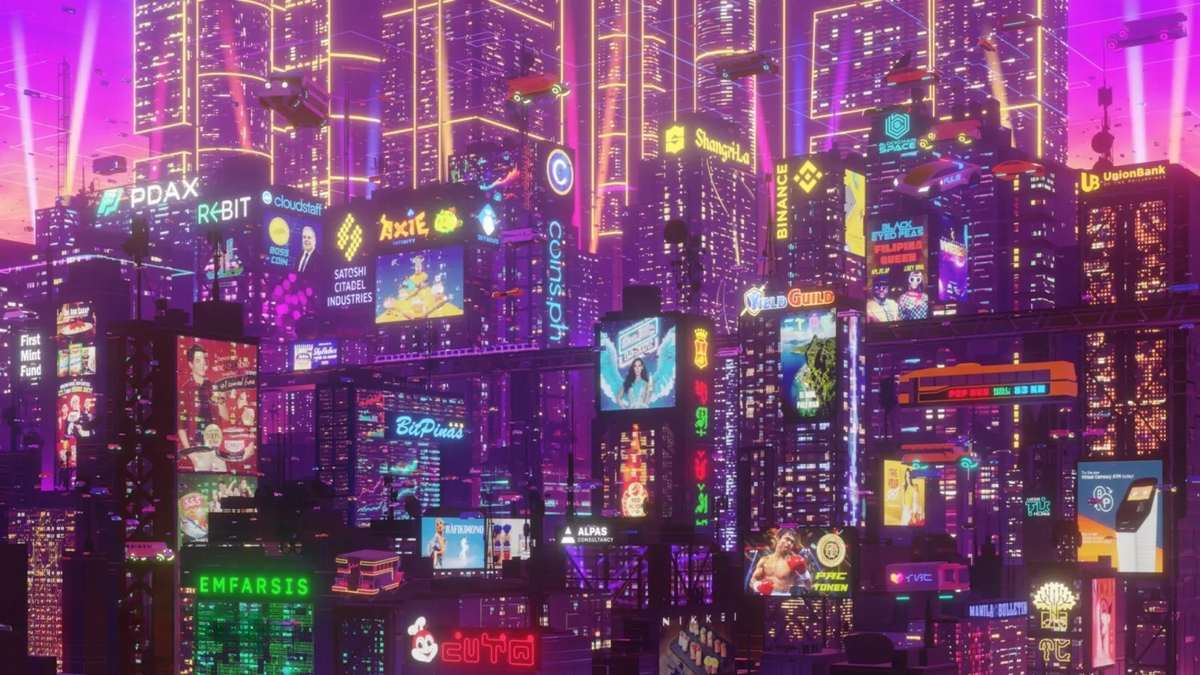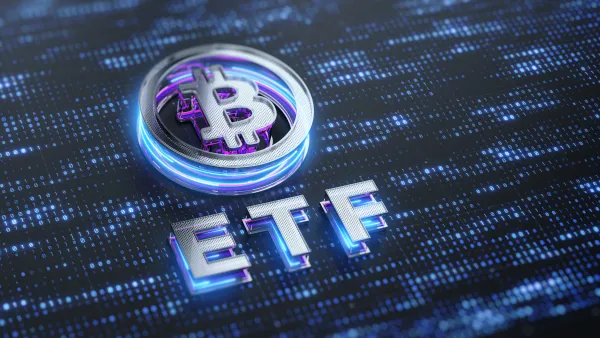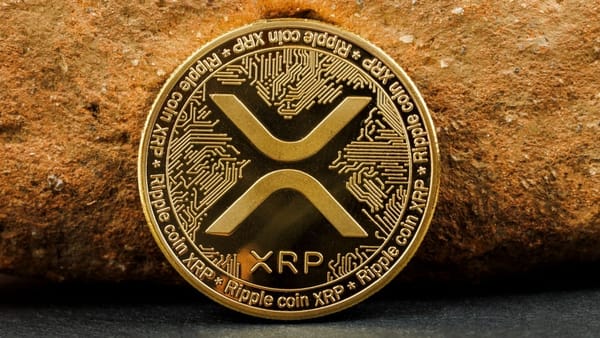Web3 Gaming has the potential to become a natural bridge between Web2 and Web3

Web3 Gaming has the potential to become a natural bridge between Web2 and Web3, according to Mo Shaikh, Co-Founder & CEO of Aptos Labs.
About Mo Shaikh
Mo Shaikh is the Co-Founder & CEO of Aptos Labs, based in Palo Alto, California. With over a decade of experience in global financial services and blockchain/crypto.

Whether you are a billionaire, millionaire, or an ordinary individual, success requires time, technical expertise, testing, and a strong market access strategy. The global gaming industry is expected to be worth $321 billion by 2026, with many players entering the market. However, the most important factor in game development is community awareness and shared experiences that games provide to about 3.2 billion players (40% of the world's population). This community spirit is always a fundamental aspect of gaming, regardless of financial figures.
Investment in Blockchain Gaming surged in 2019-2022
Web3 Gaming brings the best of both worlds: decentralized-game for developers and companies, as well as economic and social value for gamers looking to compete and connect globally.

Better games = better cash flow
Early adopters of Web3 Gaming are heavily involved in the pre and post-launch game development, enhancing user experiences and sponsorships, which directly leads to the success of game producers. In-game transactions, including the ability to mint NFTs of game assets and avatars, bring new revenue streams to companies and more personalized experiences to players. Games account for over half of the transactions on the blockchain.
And the community is just getting started.
Moving to an Individual Ownership Model
Disadvantages of centralization, for example, the experience of Ethereum co-founder Vitalik Buterin when playing World of Warcraft, have been eliminated when playing games on Web3. By integrating smart contracts and turning virtual game items into NFTs, power is transferred to the players.
Even if a game ceases to operate, players' game asset interfaces can still exist - as long as there is a community to support such games. Gaming on Web3 brings decentralization benefits, meaning there's no threat or risk when an entity tries to limit experiences. Players worldwide can access Web3 games and own core elements of their gaming experience.
Global Gaming Standards
Gaming on Web3 has the potential to be a natural bridge between Web2 and Web3. Essentially, it is built to allow players to seamlessly move between gaming, socializing, and commerce in both the real and virtual worlds.
And the possibilities from financial, social are unbound with web3 gaming. 164 million gamers from 13 to 64 years old are ready for new experiences. To set web3 gaming standards and make them the norm, the gaming world needs access to an efficiently operating blockchain and developer resources to further advance across the ecosystem.
Returning Player Experience to Gamers
Gaming on Web3 allows gamers to invest in owning NFTs linked to their gameplay. They can create DAOs, similar to fan clubs, with direct contributions to game production and direction. Community members of a specific game can vote on critical issues related to everything about player experience and trust that the outcome will translate into better gameplay, more accessible.
Web3 to Solve a Serious Problem: Fraud
At the platform level, building games on the blockchain brings fundamental benefits: verification, security, connectivity, and creativity for everyone. It also helps prevent fraud, one of the most common challenges in current games.
Blockchain technology ensures that all transactions (such as selling NFTs) and interactions between different parties are verified and legitimate. Companies can also use blockchain technology to ensure that no individual or party is paid twice for the same service or goods provided, as each transaction is recorded.
However, enhancing asset portability and overall gaming experience is needed to distinguish between Web2 and Web3 gaming.
The ability to own NFTs and convert gaming experiences within the game public help players accept investment while building community and economy. It also provides individual developers and Web2 gaming publishers like EA or Nintendo with creative ways to build blockchain games, attract sponsorships, and market to those 3.2 billion players (and counting) worldwide.



